Perfume making is an art that dates back to ancient times. Creating a personalized scent can be a fulfilling experience that not only provides you with a unique fragrance but also allows you to immerse yourself in the world of perfumery. In this comprehensive guide, you will learn how to create your very own perfume from the comfort of your home.
Understanding the Basics of Perfume Making
Before you begin crafting your perfume, it’s essential to understand the fundamental components that make up a fragrance:
- Top notes: The initial smell you get when you first apply the perfume. They are usually light and refreshing.
- Heart notes: The core of the perfume’s fragrance, heart notes emerge after the top notes and give the perfume its main character.
- Base notes: These provide depth to the perfume and are often rich and long-lasting. They linger the longest on the skin.
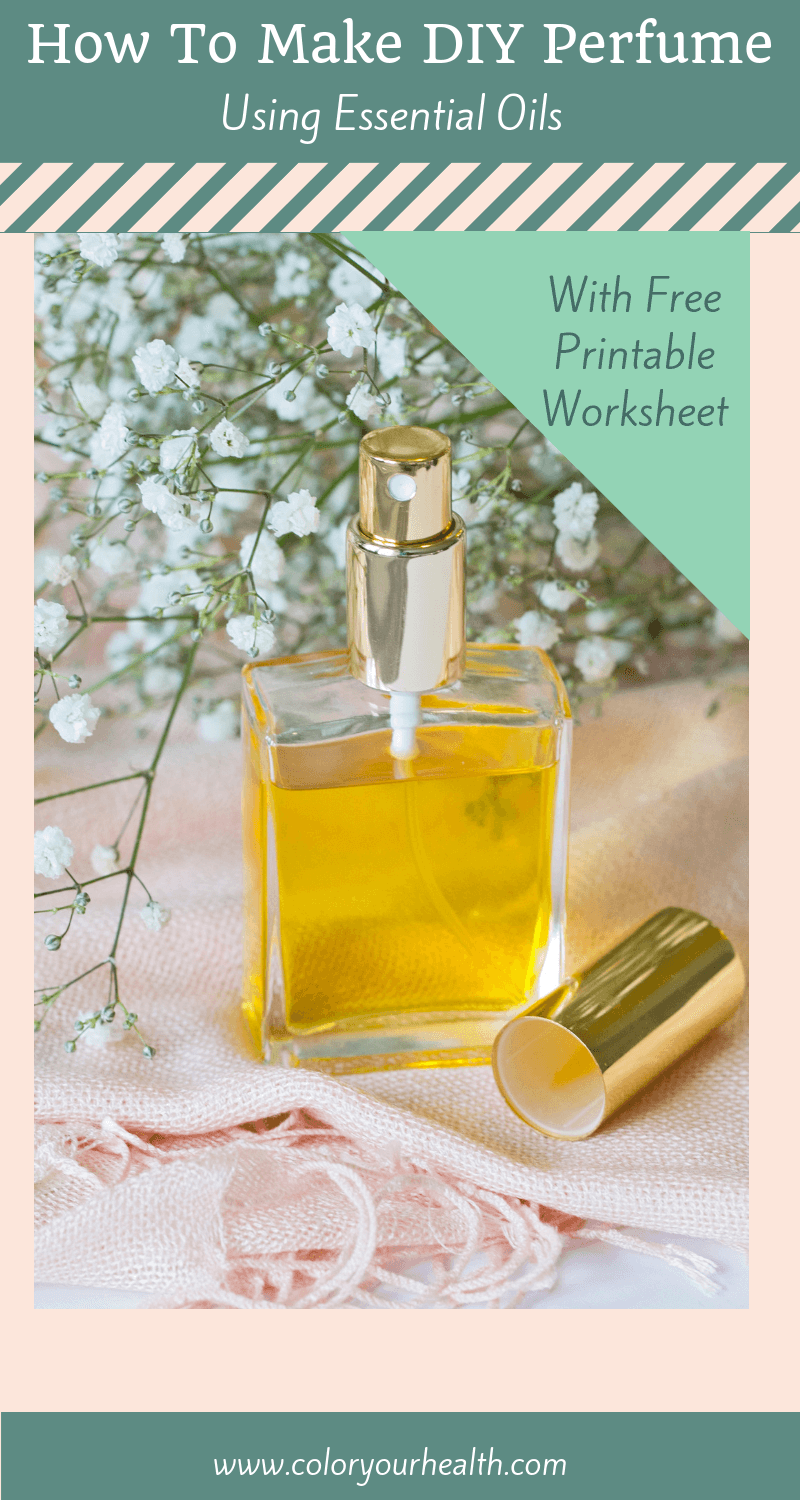
Credit: www.coloryourhealth.com
Materials Needed for Homemade Perfume
| Ingredient/Tool | Description | Purpose |
|---|---|---|
| Fragrance oils/Essential oils | Concentrated scents extracted from natural or synthetic sources. | Provide the aroma for the perfume. |
| Carrier oil | A neutral, unscented oil like jojoba or almond oil. | Dilutes the essential oils and carries the fragrance. |
| Alcohol | Ethanol or a high-proof, unflavored alcohol like vodka. | Acts as a preservative and helps to merge oils into a cohesive scent. |
| Distilled water | Pure, clean water. | May be used to dilute the perfume. |
| Perfume bottle | A clean, dark glass bottle. | Stores the perfume and protects it from light. |
| Funnel & Pipettes | Tools for transferring liquids. | Ensure precision and cleanliness while handling liquids. |
| Measuring beaker | A small glass container with measurement markings. | For accurate measurement of liquids. |
Step-by-Step Guide on How to Make Your Perfume
- Gather Your Materials: Prepare all the materials listed above. Ensure your workspace is clean to prevent contamination of your perfume.
- Formulate Your Scent: Decide on the scents you want to include in your perfume. Begin with a concept or mood you want to evoke with your fragrance.
- Blend Your Oils: Start by adding your base notes, then your heart notes, and finally, your top notes. Refer to the table above for the ratio of each note.
- Dilute with Alcohol: Once you’ve created your blend, add the alcohol. The general rule is to use a 1:4 ratio of oil to alcohol.
- Let it Age: Store your perfume in a cool, dark place for at least 4 weeks. This process allows the scents to meld together.
- Dilute if Necessary: After aging, sniff your perfume to decide if you need to dilute it with distilled water. Add little by little until you’re happy with the strength.
- Bottle Your Perfume: Using a funnel, transfer your final product into a dark glass perfume bottle. Make sure to label your creation!

Credit: woopdiy.com
Tips for Perfecting Your Homemade Perfume
- Perform a patch test with your oils to ensure you are not allergic.
- Keep notes of the measurements and ratios of your ingredients for future reference and adjustments.
- Experiment with different combinations of scents to find the perfect blend that suits your taste.
- Consider the longevity and sillage of your perfume, adjusting the concentration of base notes as required.
- Share samples with friends to get feedback on your fragrance.
Frequently Asked Questions
What Are The Basic Perfume Ingredients?
Perfume typically consists of a blend of essential oils, alcohol, and water. Fragrances may also include fixatives to maintain scent longevity.
How Do You Create A Perfume Scent?
To create a perfume scent, mix essential oils for the desired fragrance profile with a carrier like alcohol, then let it age to develop the aroma.
Which Essential Oils Are Best For Perfume?
Lavender, rose, jasmine, sandalwood, and bergamot are highly favored for their distinct and pleasant aromas in perfume-making.
Can You Make Perfume With Flowers?
Yes, petals from flowers such as roses or jasmine can be used to make perfume through processes like enfleurage or distillation.

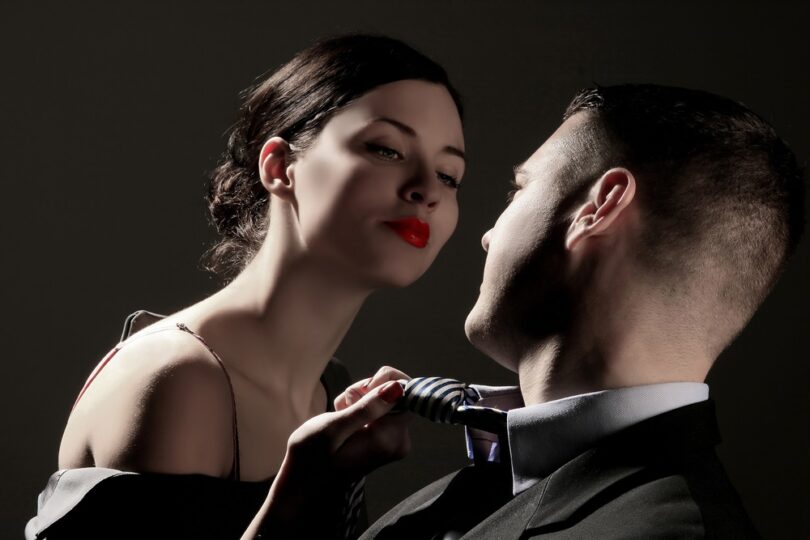

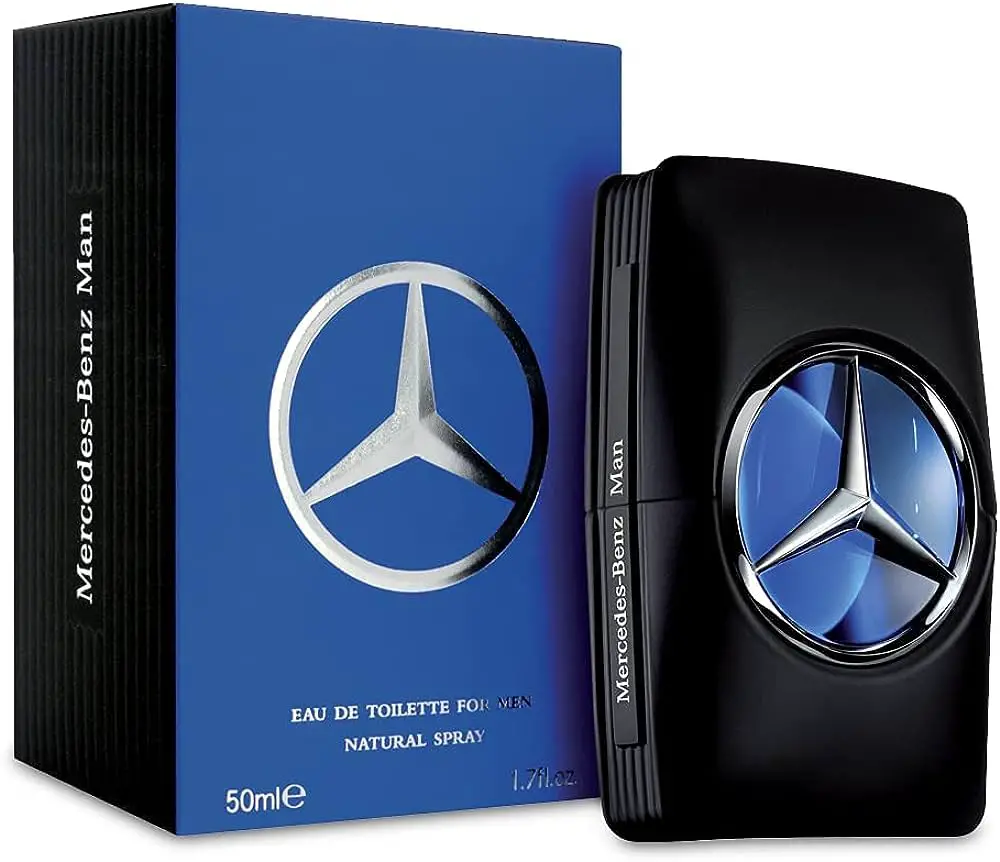

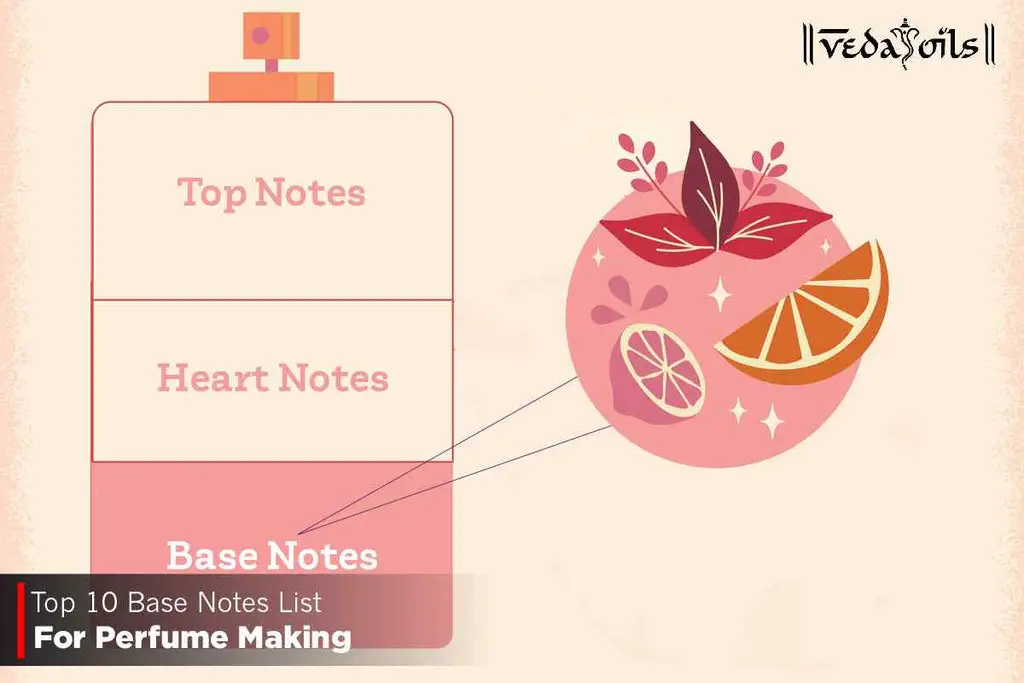
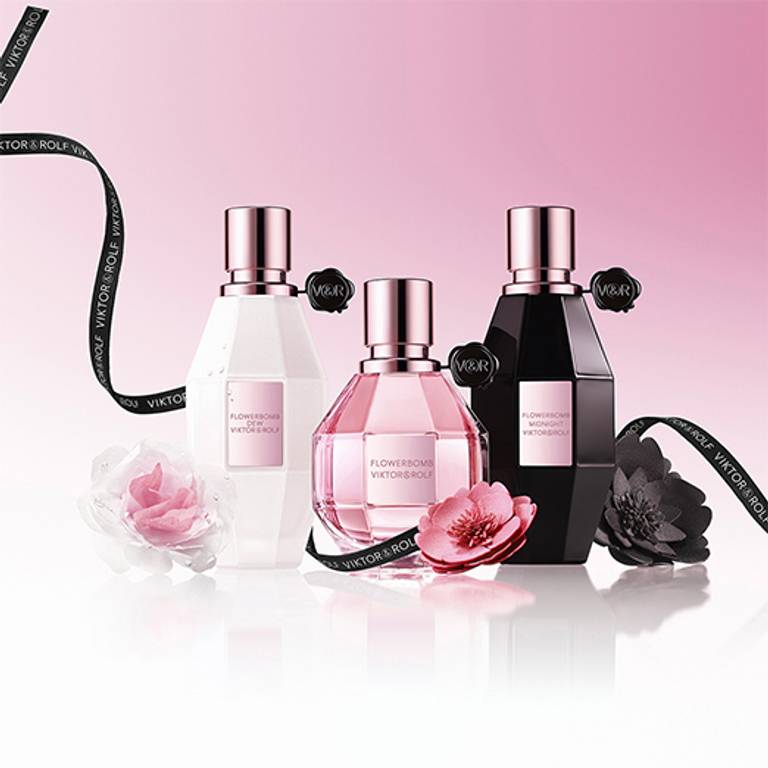
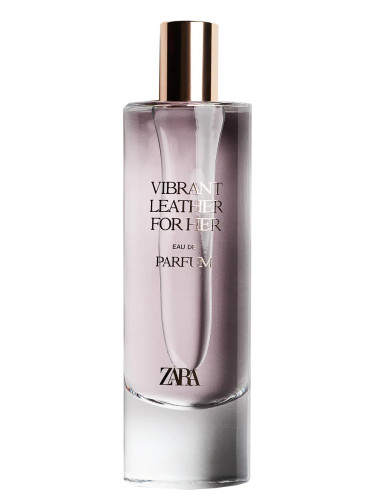


I’m impressed, I have to say. Really rarely do I encounter a blog that’s each educative and entertaining, and let me tell you, you might have hit the nail on the head. Your idea is excellent; the difficulty is one thing that not sufficient people are speaking intelligently about. I’m very comfortable that I stumbled throughout this in my search for something referring to this.